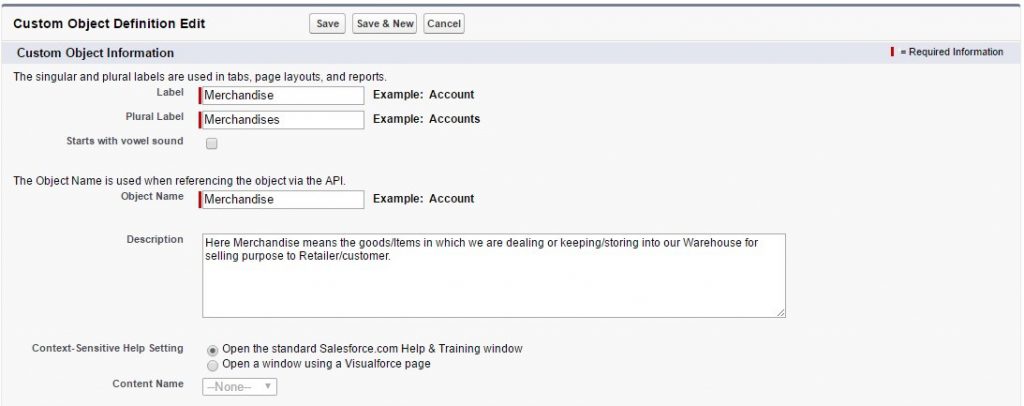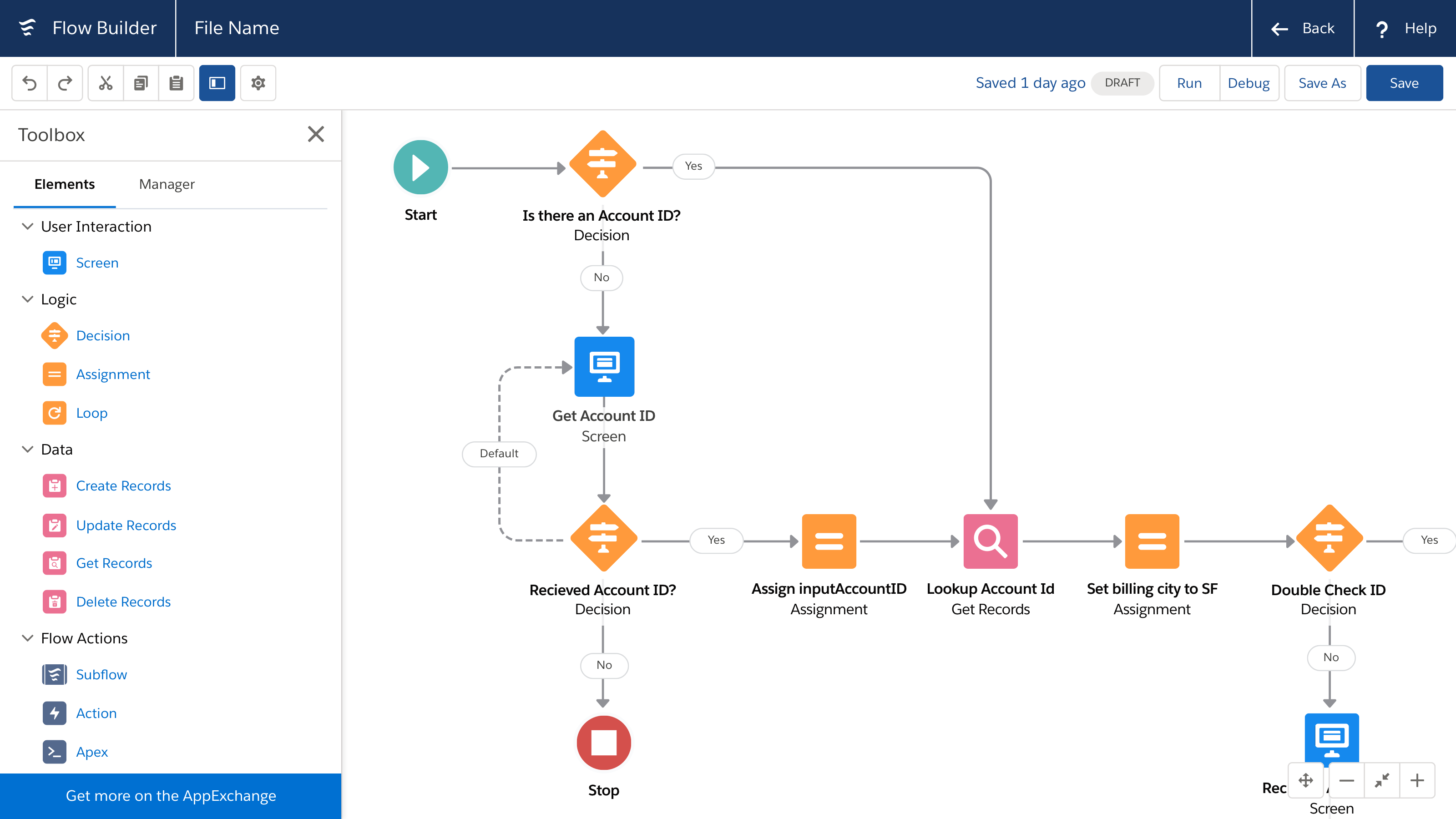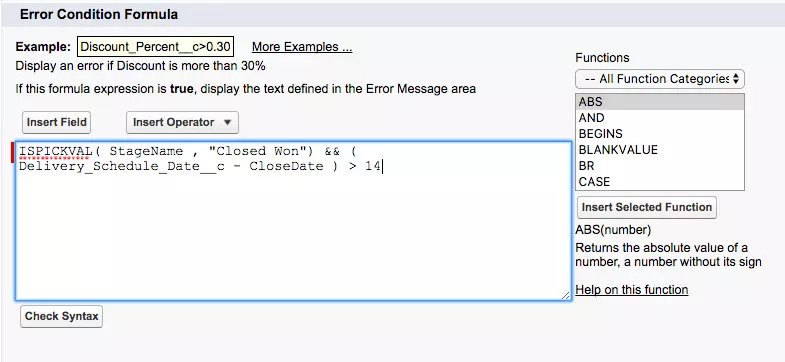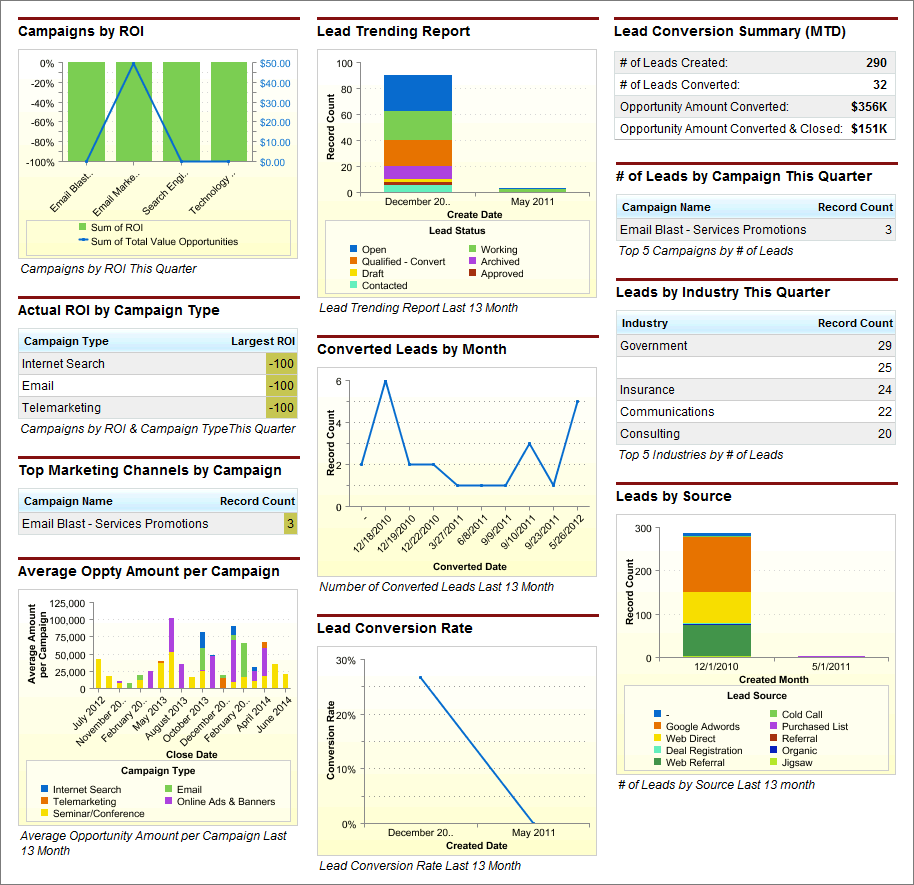Although there are various methodologies that help standardize work processes in different industries, each business has its particularities. Not only with processes and needs derived from specific contexts, but also a corporate image and brand that represents and identifies them.
Salesforce is well aware of the value that customization brings to its products. Easily customizable software leads organizations to more effective and efficient use which results in benefits such as improved productivity, compliance with specific regulations and standards, better user experience, as well as long-term scalability and flexibility. To achieve this, Salesforce offers CRM solutions with plenty of configuration and customization options.
If you want to make Salesforce fit your organization’s unique requirements, this article is for you.
Customization Options Offered by Salesforce
The customization options you will have access to will depend on the Salesforce product your company purchases from the most basic and economical to the most complete and expensive. Salesforce Starter or Salesforce Essentials, for example, have very few possibilities for customization, while solutions that are more complete, conversely, provide many more options such as customizing objects and fields, installing external applications or the possibility of developing your own functionalities either through code or points-and-clicks. With that said, the basic Salesforce applications still offer a wide range of functionality that meets the common needs of various areas of a company during customer relationship management.
In general, there are 3 ways to ensure that a Salesforce solution best suits your preferences and needs:
1- Through the Configuration options.
From the Home page and the Object Manager, you can:
- Configure the image of your company logo.
- Create and customize fields in standard Salesforce objects.
- Create custom objects to store data specific to your business.
- Create and clone page layouts.
- Establish validation rules to ensure that data entered into Salesforce meets certain criteria.
- Configure workflow rules to automate tasks and business processes.
- Set up approval processes to ensure that certain actions go through a review process before being finalized.
- Set up email templates and automation rules to send personalized emails.
- Set up Salesforce integration with a wide range of external applications and services.
2- By installing out-of-the-box apps from the Salesforce AppExchange.
In the Salesforce App Marketplace, you can find plug -and- play solutions that satisfy almost any requirement.
3- Developing your own functionalities and applications.
If your requirements cannot be met with configuration tools alone, nor with AppExchange applications, you can develop custom code. Using Apex (Salesforce programming language), Visualforce (front-end development framework), and Lightning Platform.
How does Salesforce ensure that you can easily customize your CRM?
Once you manage to master some basic concepts like, application, object, fields, records, organization, etc., everything seems really easy and it is thanks to the Salesforce architecture. This robust layered architecture has laid the foundation for you to:
- Make click-based configurations. It’s basically clicking on the enable/disable options for the platform. Tools, like Salesforce App Builder or Validation Rules, let you design and configure business logic, user interface, and workflows using an intuitive visual interface. This reduces dependency on programming and makes customization accessible to non-technical users.
- Use the extensive library of prebuilt components and apps available on the Salesforce AppExchange.
- Develop using multiple tools. You don’t have to limit yourself to using just one app development tool. Salesforce brings together 3 tools (Force.com, Heroku Enterprise, and Lightning) so app designers can use the best one for the right job.
- Interact with the large community of developers and administrators who actively share knowledge and resources. There is a wealth of documentation, tutorials, forums, and user groups available to help you learn and solve problems. Example: Trailhead, Focus on Force, etc.
- Scale easily. You can start with a solution that offers a basic configuration. Then, through “add-ons” or hiring new licenses, you can gradually increase customization as your business grows and evolves.
Basic Tips for a Successful Salesforce Customization
We believe that there are 15 recommendations that you should not ignore when executing a customization process in Salesforce:
1- Define business requirements.
Start by identifying and documenting the specific goals your organization wants to meet using Salesforce. Reconciliation of criteria between commercial and IT specialists is essential to facilitate the gathering of software requirements (SRS).
2- Create the necessary custom objects and fields.
These custom objects and fields should represent your business-specific variables and data that you need to store. Avoid duplication as much as possible.

3- Define page layouts.
Design the forms and configure the record types through which data entry will be performed. Carefully define each of the sections to optimize the structuring of the data.
4- Identify and create flows for repetitive and automatable processes.
Flows are one of the most dynamic components in the Salesforce ecosystem. Define the rules or actions that will activate them in a timely manner. Schedule tasks and email alerts based on criteria specific to your business processes.

5- Define user profiles, permissions and roles, according to their functions and responsibilities in the company.
Information leaks can have dramatic consequences so configure profiles and permission sets to control user access to data and functionality. Define which users can create, view, edit, or delete specific records.
6- Implement validation rules.
Create validation rules that ensure data accuracy and consistency, defining particular criteria that must be met before a record is saved. This guarantees the robustness of your database.

7- Design approval processes.
Create approval processes for sending and reviewing records, based on having the corresponding permission. Define the steps and criteria for approval or rejection in all links of the management and executive chain.
8- Create the appropriate reports and dashboards.
Create custom reports and dashboards to track key performance indicators, visualize data, and gain insight into your business processes. Apply the fundamentals of graphics grammar.

9- Implement integrations with external systems.
Integrate Salesforce with other systems or applications you need to ensure seamless data exchange. Salesforce offers integration tools like APIs and middleware for this purpose. Since the launch of the Einstein 1 platform, these possibilities have multiplied.
10- Ensure mobile optimization.
Ensure your Salesforce instance is mobile-friendly by configuring layouts and features for mobile access. If this is not achieved, you will not be able to achieve success in the contemporary digital world.
11- Satisfy customer requirements that involve development.
Make sure you have thoroughly explored the enormous possibilities that AppExchange provides. Develop custom applications and components using Apex, Lightning App Builder, or Visualforce to create custom user interfaces and functionality. LWCs (Lightning Web Components) offer additional possibilities for UI development.
12- Perform quality assurance testing of the processes and health of your Salesforce organization.
Double-check your customizations to make sure they work as expected and don’t introduce errors. It is recommended to use professional quality control evaluators taking into account a reasonable cost/benefit ratio. In Health Check you will find the ideal tool offered by Salesforce to fully evaluate your Salesforce organization.
13- Train and provide support to your company’s users.
Provide training and support to ensure that users are comfortable with the custom Salesforce instance and understand how to use it effectively. To do this you can use Trailhead, Focus on Force, and Quizlet.
14- Document the customizations made.
Maintain documentation that describes the customizations, their purpose, and any relevant information for the future. Using up-to-date Wikis and project management tools such as Confluence or Asana can help.
15- Continuously improve.
Regularly review and refine your Salesforce customizations. Stay up to date with the improvements that Salesforce offers in each of its 3 annual Releases. Make sure you always adapt to changing business needs. Proactive exchange with your clients is essential. Open yourself to the accelerated evolution of technologies based on Artificial Intelligence.
In conclusion, a proper Salesforce customization provides you with a solution aligned with the particular processes of your business. Allow the tool to be positively inserted into your company’s routine and improve the experience of the workers who must interact with it. It adapts to changing requirements and facilitates the creation of personalized information. Additionally, it gives you the possibility of reflecting your brand in the application you use. All of these benefits contribute to greater efficiency, productivity, and responsiveness in the business environment.
The chances of success increase significantly for organizations that use a consulting partner to help them get up and running with Salesforce. At SkyPlanner we have the certified experience to guide organizations from various industries and sectors on this way. Contact us at hello@theskyplanner.com and we will provide you with the roadmap to achieve this.



